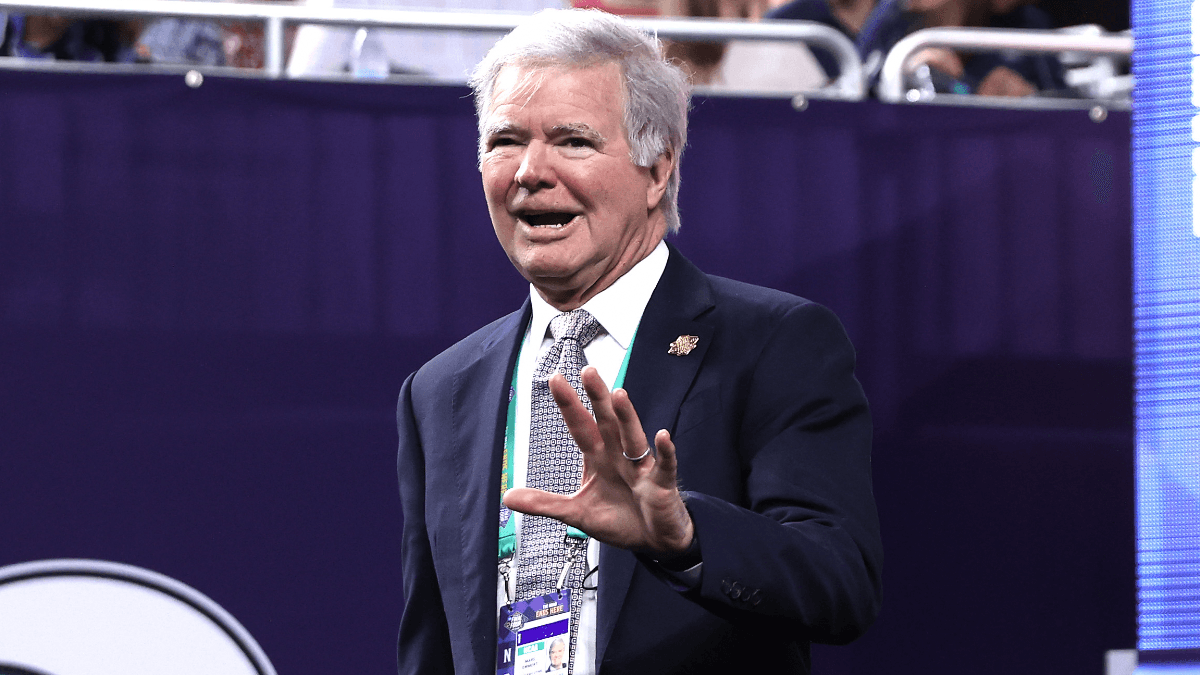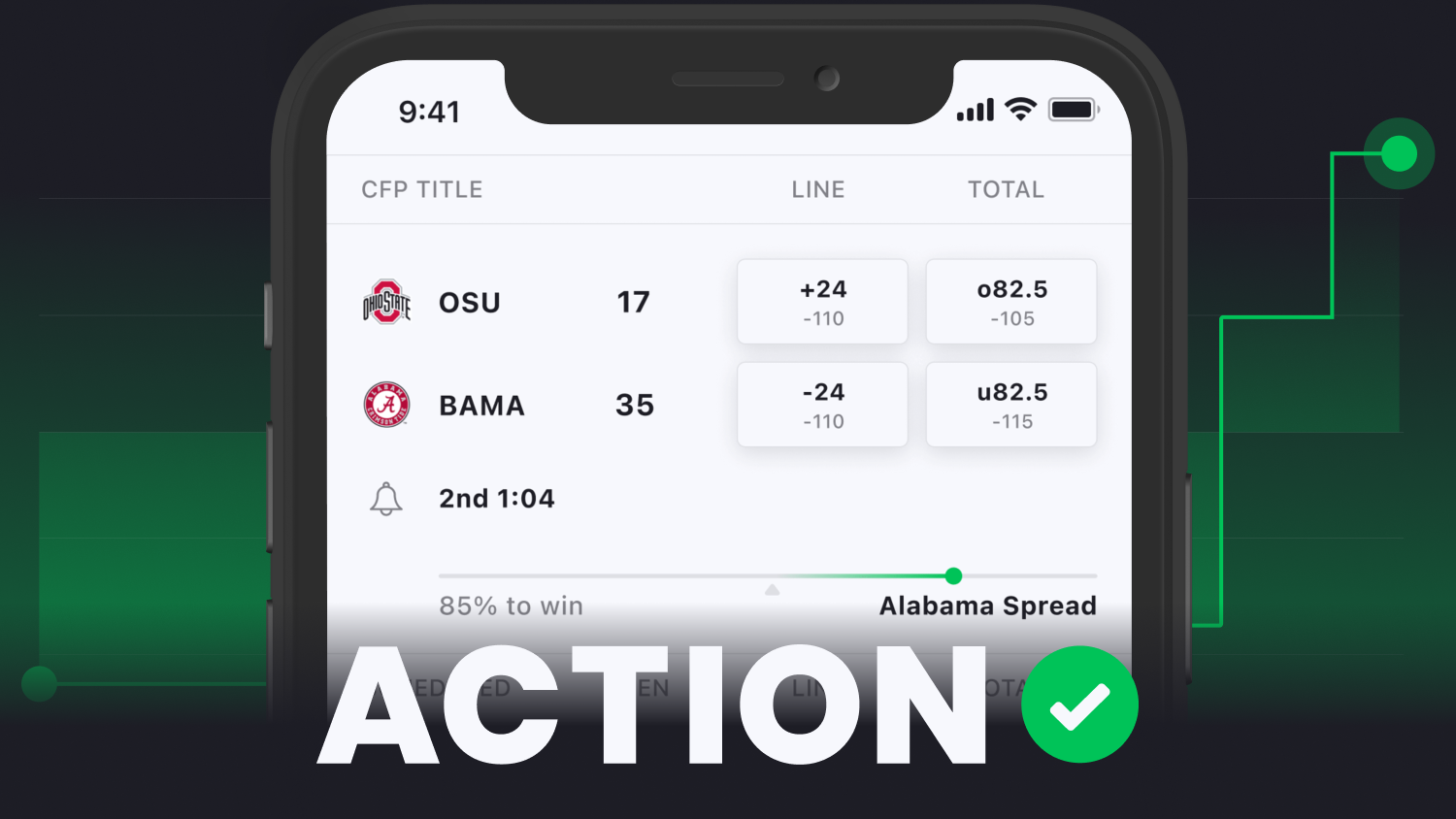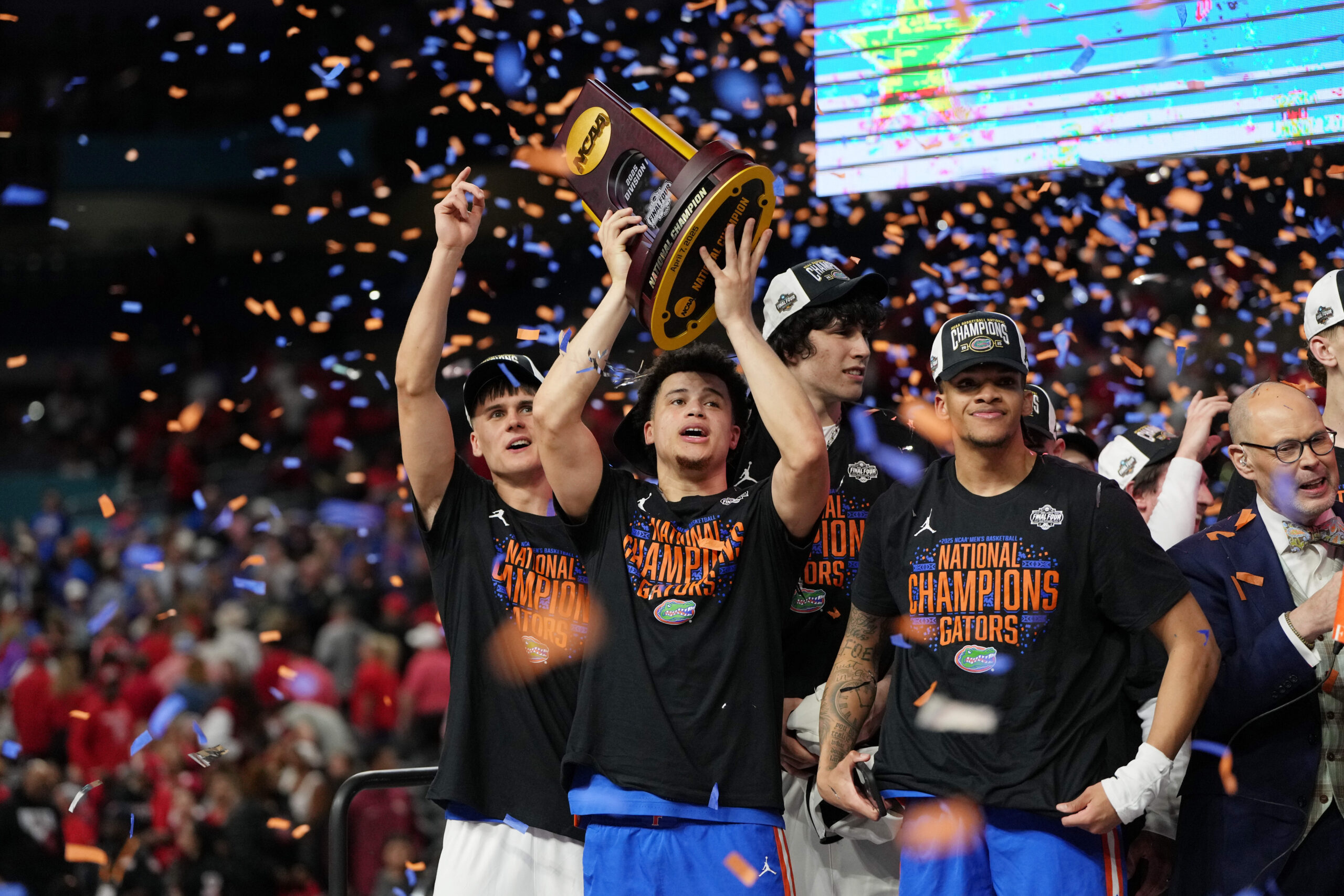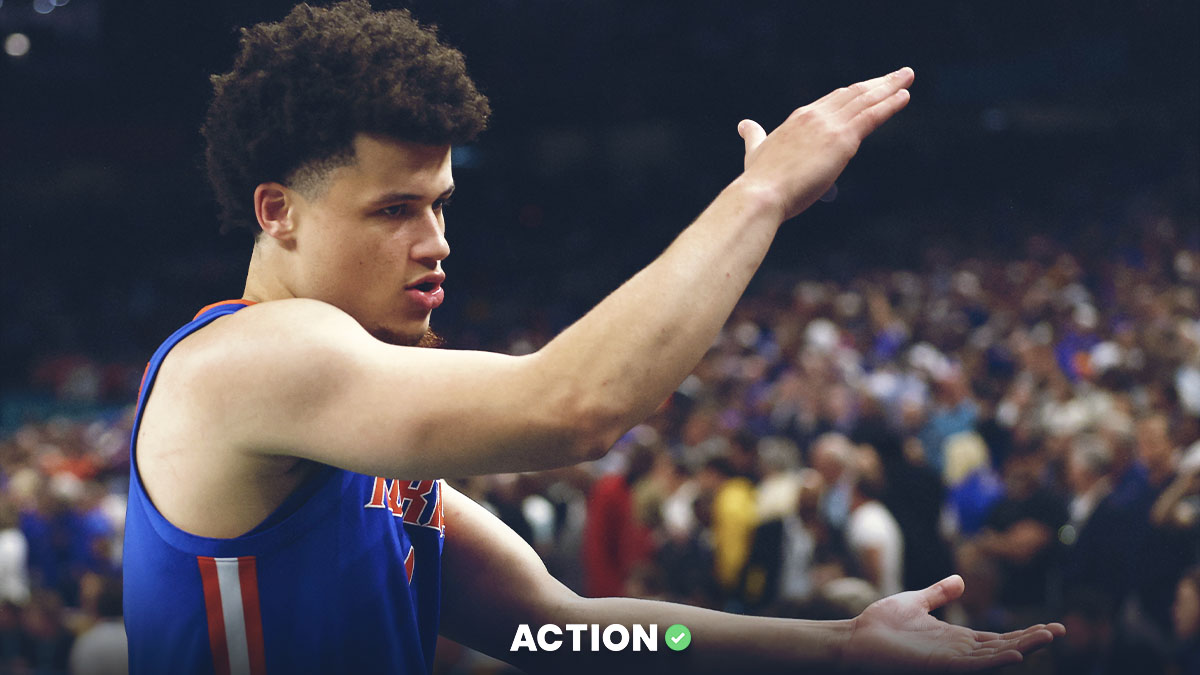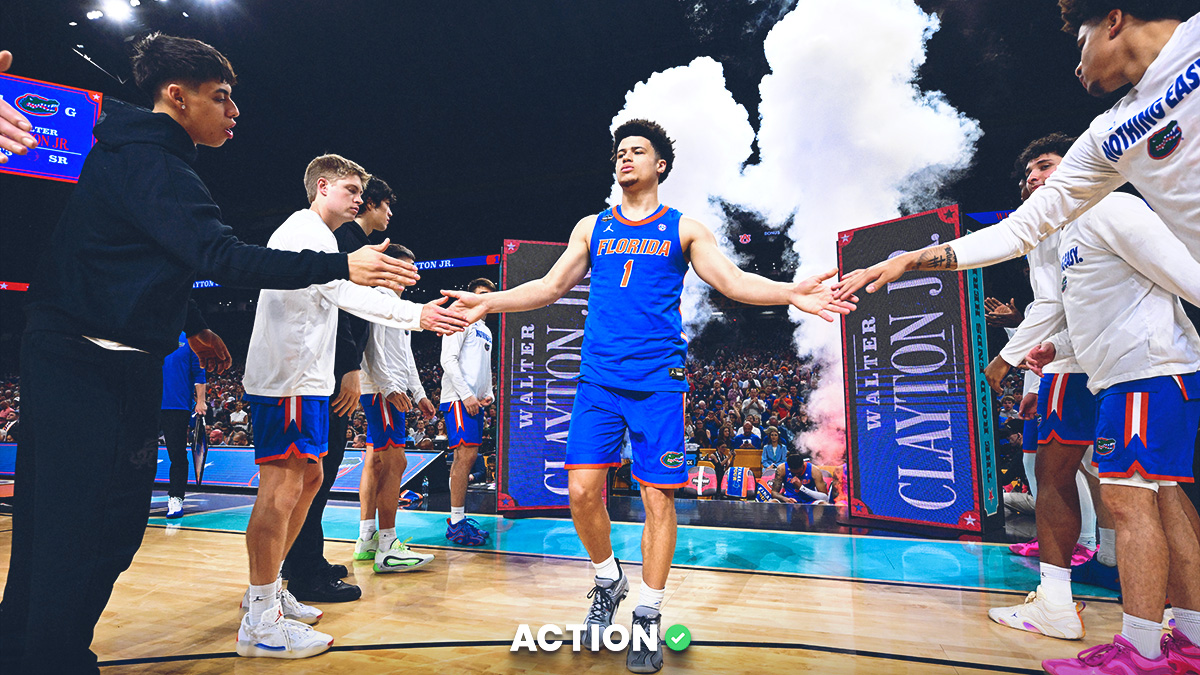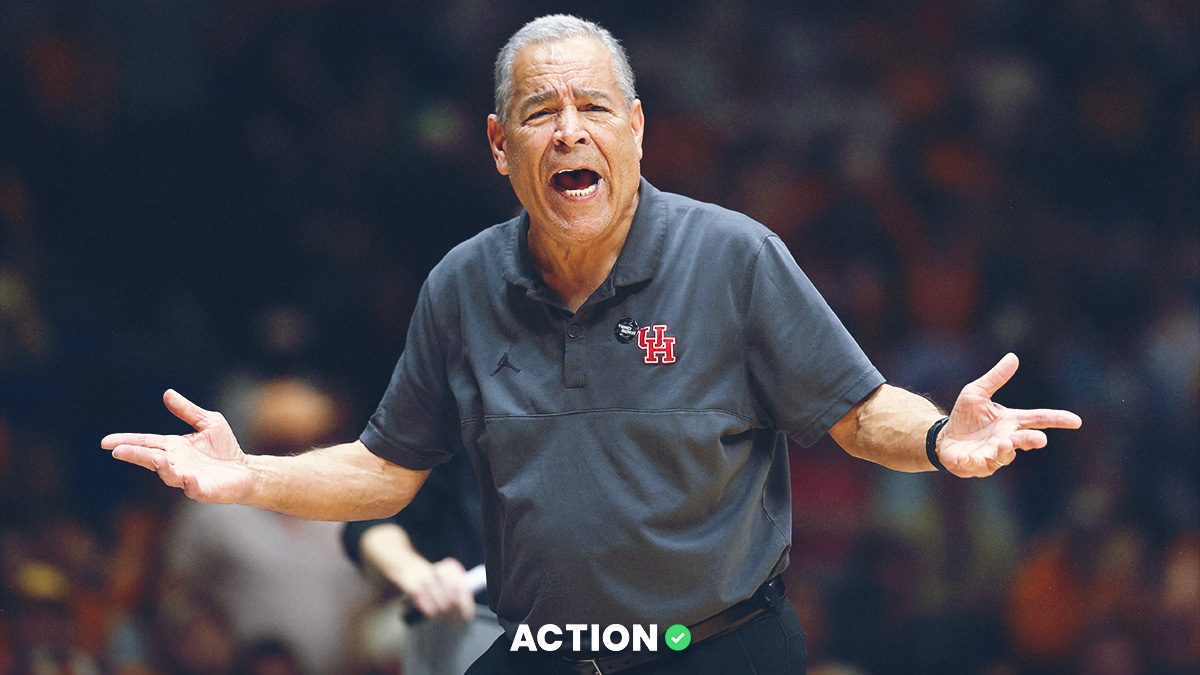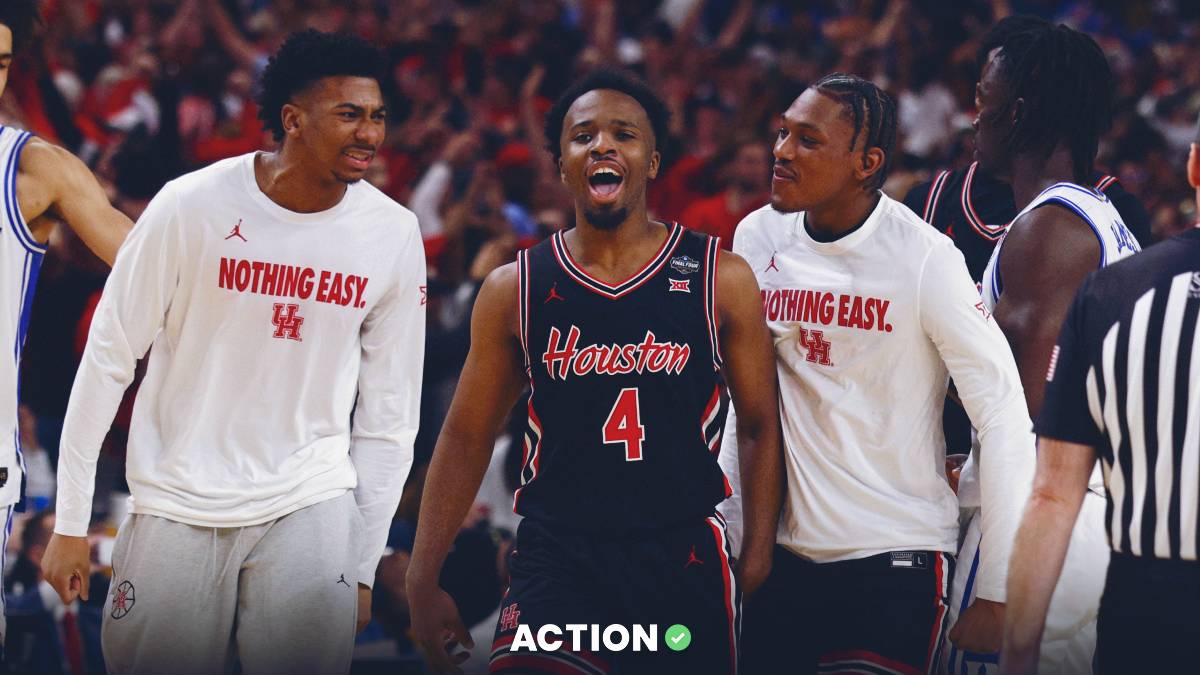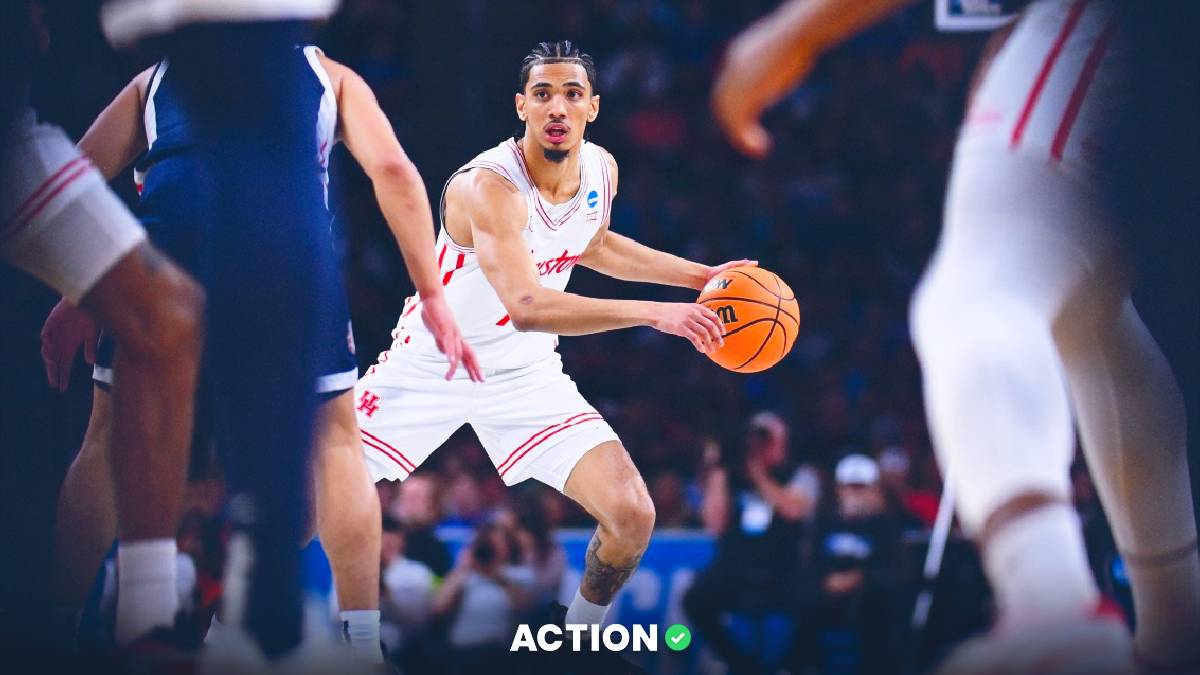Mark Emmert announced Tuesday night he will step down as NCAA president 14 months from now.
It’s a really good idea.
Despite what the description for NCAA president read when he took the job 12 years ago, the real description was this: Use education to preserve the status quo and keep college athletes from being paid.
When the news came out Tuesday night, it was easy to say Emmert didn’t do much in his reign, but he actually did do his job. For a decade, he was able to push away name, image and likeness (NIL) and — for the most part — keep athletes from cashing in on their names.
Considering former college athletes won a video game lawsuit which was found to have used the likeness of players in the summer of 2013, it’s nothing short of remarkable that it took eight years for the system of NIL to come about. And it came about as every other progression had: state laws forcing the NCAA’s hand.
Emmert was actually extended to 2025, but the announcement came with the wording that it was a mutual decision for him to leave early. That’s as much as a “he’s not the right guy anymore” as the NCAA would ever let on.
In the announcement, NCAA board chairman John DeGioia said the move “allows for the selection and recruitment of the next president without disruption."
There’s one massive problem.
It’s unclear what the job description will say, because it’s not apparent what the NCAA as an organization is anymore.
For the last 25 years, the NCAA has been the overseer of the college championships, with the exception of college football. Its other job, whether intended or not, was to be the enforcer. That enforcement largely focused on players getting improper benefits from schools or boosters.
On June 21, 2021, 10 days before college athletes were allowed to cash in on NIL for the first time, the Supreme Court unanimously ruled on Alston, which stopped the NCAA from restricting compensation from education-related benefits.
With that, the NCAA — for fear it couldn’t do anything with restricting pay — became completely powerless. It did not create a clearinghouse for NIL deals, and, as was expected, its enforcement arm was rendered limp.
As of July 1, boosters could essentially pay college athletes by terming their pay as endorsement deals. Large booster collectives could lure athletes with pots of money and worry about what they would be paid for later. With the NCAA not asking for any of the contracts and the schools and states motivated by scoring the athletes, they had completely lost their position of power.
So Emmert can’t do his job now because the truth is there’s very little to do.
Now the issue for the NCAA is who can do the job when we don’t know what the job is anymore?
Member institutions are paying roughly $800 million a year for the NCAA to put on March Madness and 89 other sport championships. For less than $50 million, member institutions could pay an event company to do the exact same thing.
With enforcement out the window, what's left for the NCAA?
The NCAA Board of Directors would have you believe that Tuesday’s announcement was about Emmert and the lack of confidence in him doing his job. Their problem is what they know behind closed doors is this: There might be no one to do the job because the NCAA might not have a role anymore.


